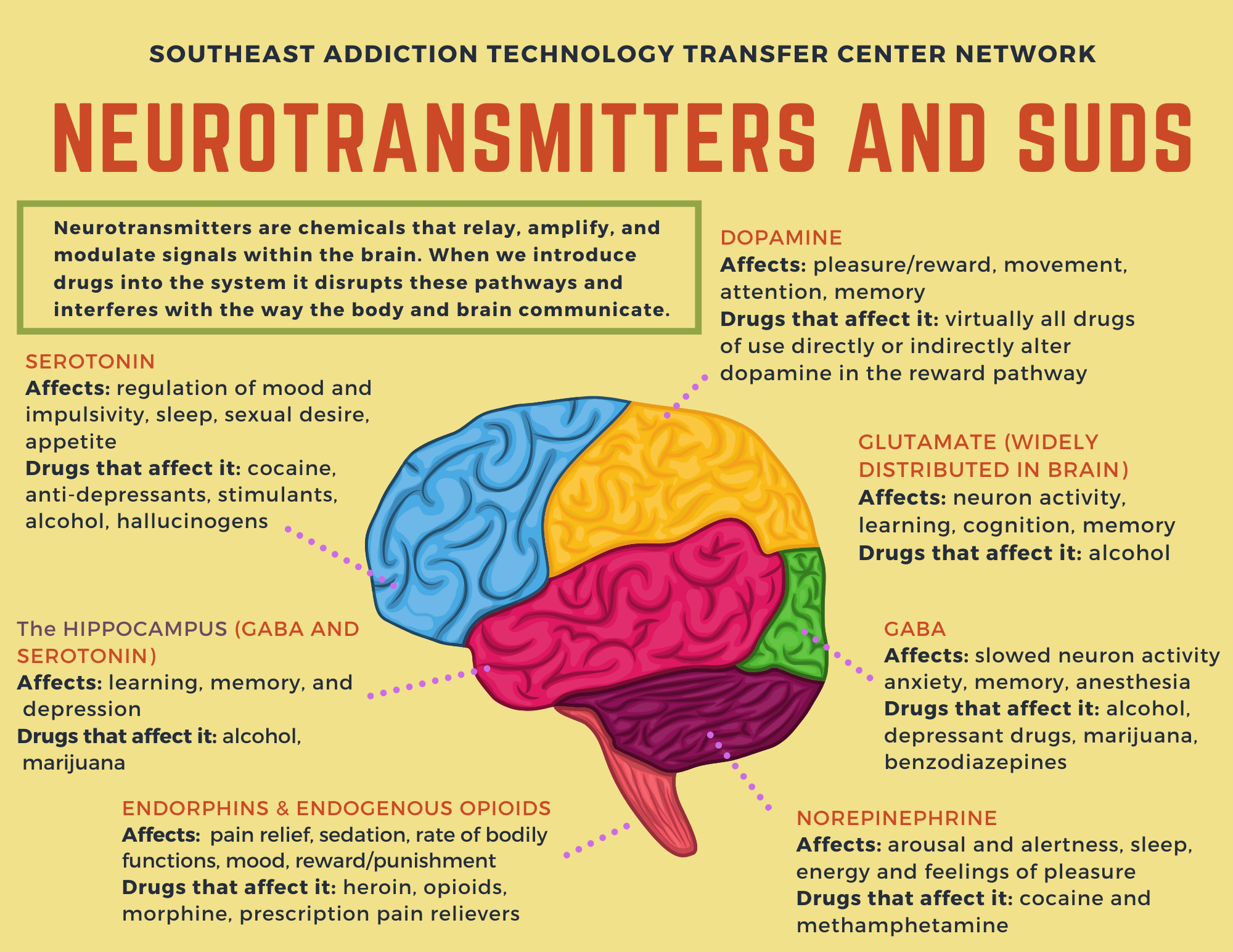
The human brain is a complex and intricate organ that is responsible for controlling and coordinating all of the body's functions. One of the key components of the brain's function is the transmission of signals between nerve cells, which is mediated by chemicals called neurotransmitters. In this blog post, we will explore the role of neurotransmitters in the brain and how they contribute to our overall well-being.
Neurotransmitters are chemical messengers that transmit signals between nerve cells in the brain. They are responsible for controlling a wide range of functions including mood, memory, and learning. There are many different types of neurotransmitters, each with its own unique function. Some of the most well-known neurotransmitters include dopamine, serotonin, and GABA.
Dopamine is a neurotransmitter that is primarily involved in the reward and pleasure centers of the brain. It is responsible for the feeling of pleasure and motivation, and it plays a critical role in the development of addiction. Low levels of dopamine have been linked to conditions such as depression and Parkinson's disease.
Serotonin is a neurotransmitter that is primarily involved in regulating mood, sleep, and appetite. It is also known to play a role in regulating stress and anxiety. Low levels of serotonin have been linked to conditions such as depression and anxiety.
GABA is a neurotransmitter that is primarily involved in controlling the activity of nerve cells in the brain. It is responsible for calming the nervous system and reducing anxiety. Low levels of GABA have been linked to conditions such as anxiety and seizures.
Overall, neurotransmitters play a crucial role in maintaining the balance of the brain and body. They allow us to experience a wide range of emotions and to interact with the world around us. Imbalances in the levels of neurotransmitters can lead to a variety of mental and physical health problems.
In conclusion, understanding the role of neurotransmitters in the brain is crucial for maintaining overall well-being. By understanding the function of different neurotransmitters, we can better understand and manage conditions such as depression, anxiety, and addiction.